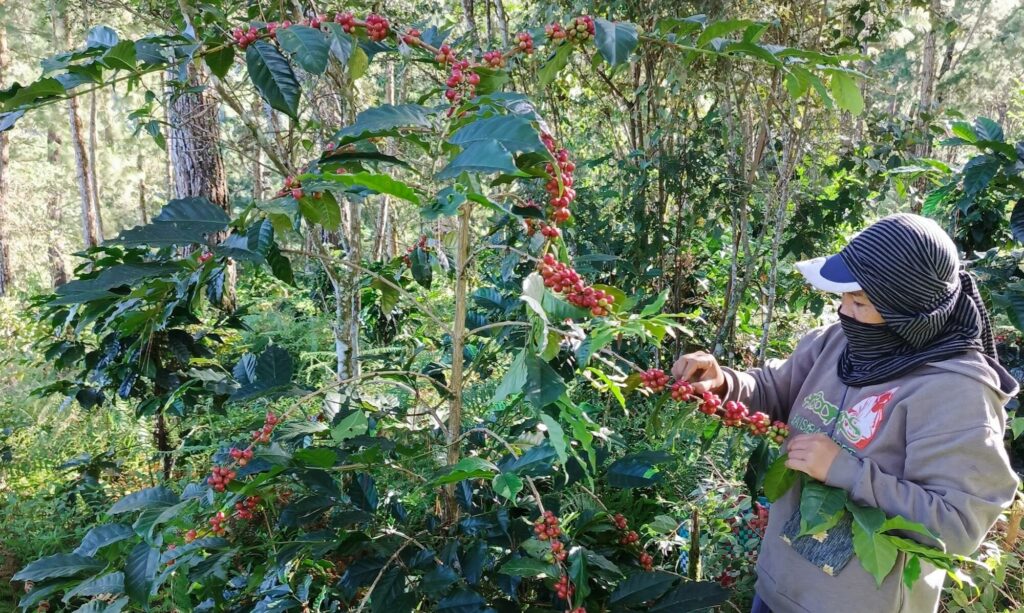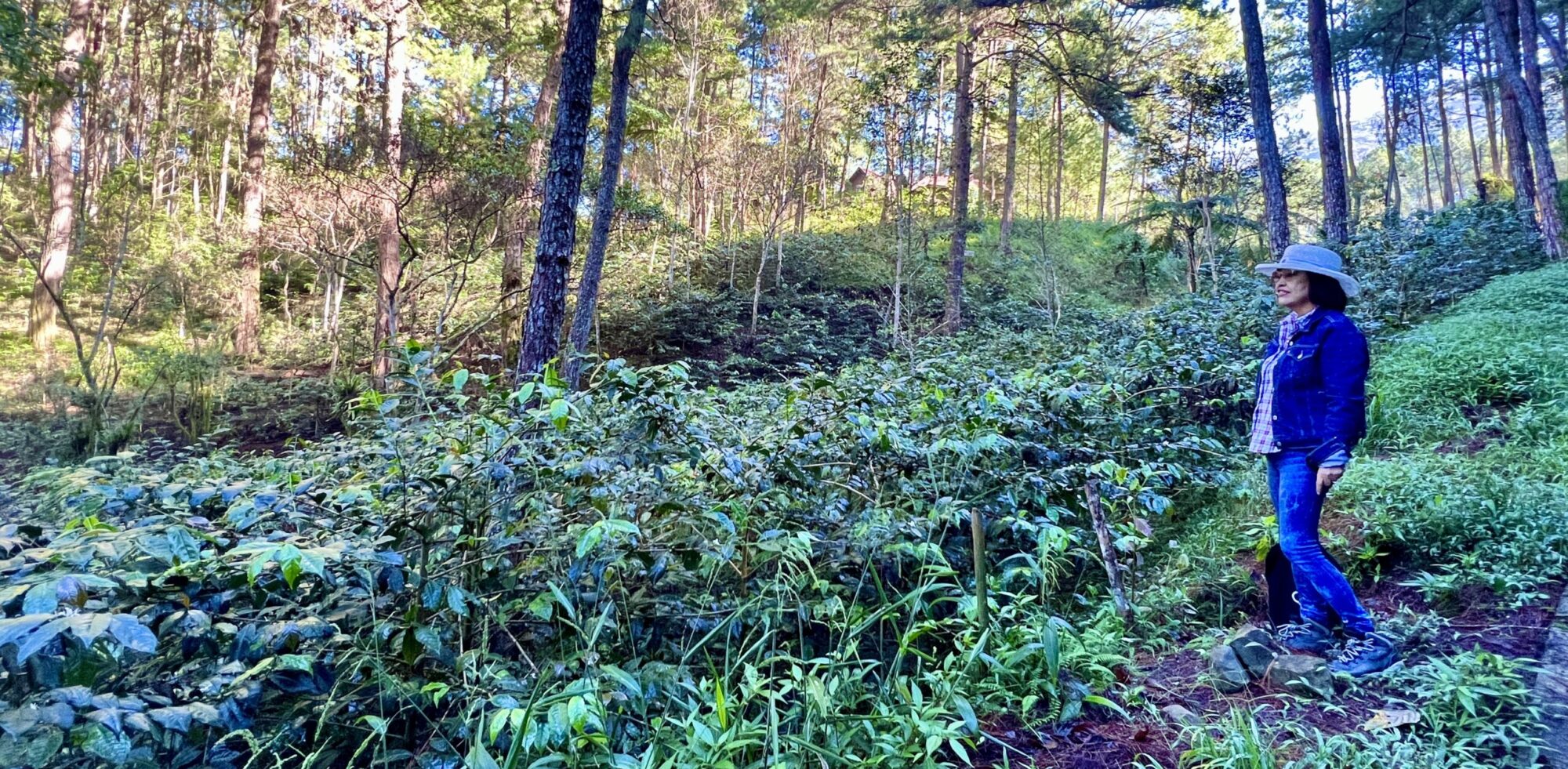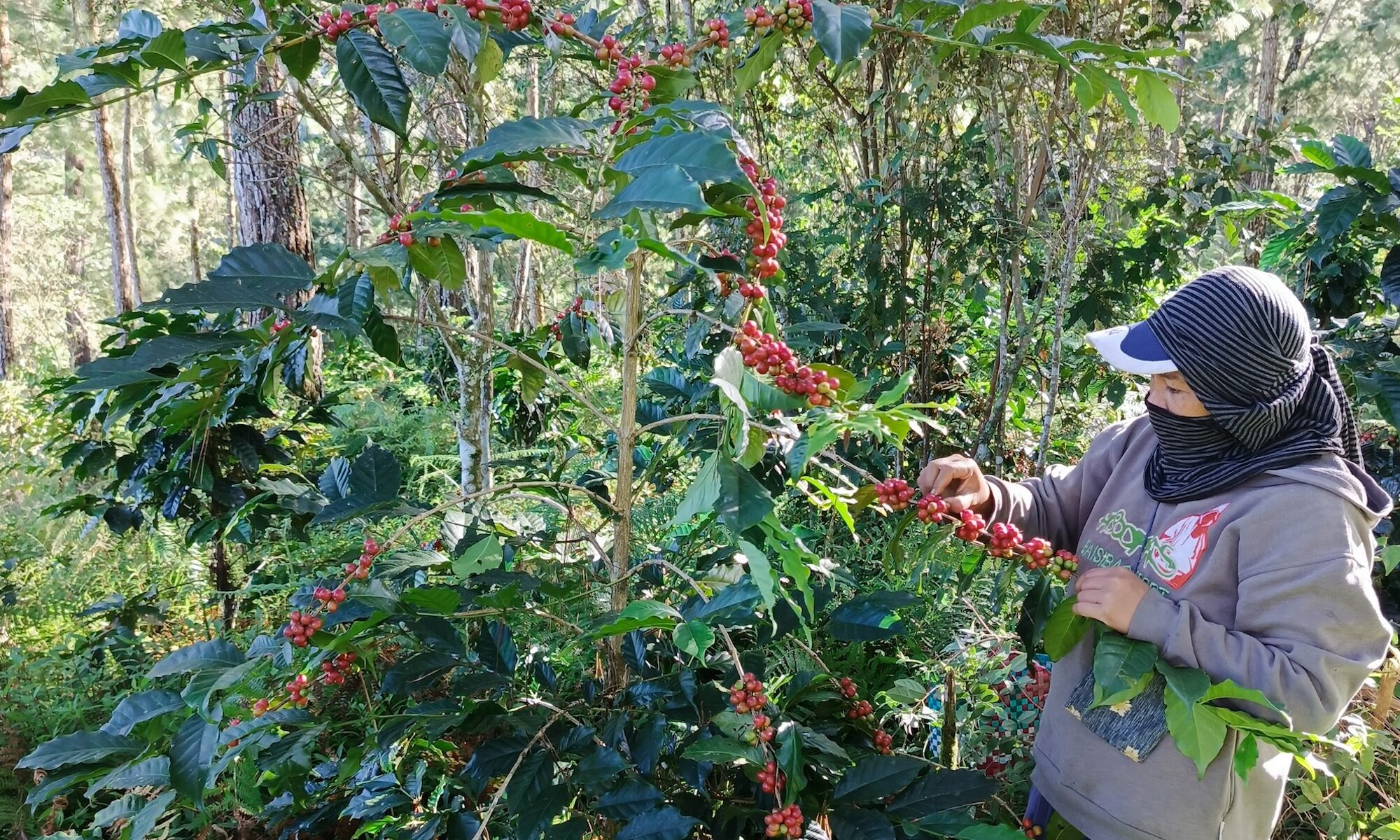Here’s the simple truth: if it says “Benguet Arabica” on the bag, you should be able to meet the mountain, the farmer, and the journey behind it. No guessing. No gray areas. Just an honest line from seed to cup.
The Philippines is one of the rare places on earth that can grow Arabica, Robusta, Excelsa, and Liberica. We’ve got volcanic soil, wild microclimates, and a coffee-loving culture. And yet—we still import a lot of what we drink. That disconnect? It closes when we lift up our own beans the right way. For Benguet Arabica, that begins (and stands or falls) with traceability.

Benguet Arabica has a voice you can recognize: bright, citrusy, a little nutty and caramel-sweet, clean on the finish. Sometimes it gets compared to Kona or Blue Mountain. But a reputation like that is fragile. One mislabeled sack can undo years of work from farmers who did everything right.
That’s why champions who push for stronger traceability—like Senator Kiko Pangilinan and others advocating for Filipino farmers—matter. Senator Pangilinan champions farmer-first traceability by pushing policies like the Sagip Saka Act that promote direct procurement, lot-level origin records, and transparent farm-to-cup documentation for unique varieties like Benguet Arabica. The point isn’t politics; it’s protection. Call it fairness. If a bag says Benguet, then those beans should come from Benguet’s farmers, period. That promise needs a paper trail.
Why traceability matters (and not just to “coffee people”)
- It stops the fakes. Without lot-level tracking, it’s easy to blend cheaper or imported beans into premium lots and still sell them as “Benguet Arabica.” Consumers get shortchanged. Authentic producers lose trust and price.
2. It pays farmers fairly. When origin is verified, real Benguet coffee can command real Benguet prices. That premium goes back to the people who planted, picked, washed, dried, and sorted every bean by hand.
3. It keeps quality consistent. Traceability means we can follow a bean’s path—farm practices, fermentation style (washed, honey, anaerobic), drying days, storage—so buyers and roasters know exactly what they’re working with and can keep standards high.
4. It builds “Brand Philippines.” Reliable origin builds confidence at home and abroad. The more transparent we are, the more our coffee stands on its own—less dependence on imports, more pride in our hills and hands.

Of course, farmers face bigger storms than mislabeling: low farmgate prices, aging trees, limited credit, old post-harvest tools, and climate realities. Policies like the Sagip Saka Act help by opening doors for direct procurement from farmer groups (read: fewer middlemen, better margins). Pair that with strict traceability and you get real lift: verified origin, cleaner supply chains, and premiums that actually reach the people who earned them.
In the end, traceability isn’t a spreadsheet exercise. It’s a promise.
A promise that what’s in your cup is exactly what it claims to be.
A promise that the farmers who did the work are seen and paid accordingly.
A promise that Philippine coffee can compete on the world stage without losing its soul.
If you’re a drinker, ask where your coffee came from: lot, farmer, process, harvest date. If you’re a café or roaster, demand farm-level data and keep it visible to your customers. And if you’re a producer, keep telling your story with receipts: maps, logs, photos, and clean records from picking to packing.
Traceability is how we turn “nice origin story” into living proof. It’s how we brew a future that’s honest, sustainable, and proudly our ownfrom the Cordillera’s mist to your morning mug.

